Sexual Health Victoria flags risks of contraception advice on social media
Experts fear young people following bizarre advice from social media influencers could be at risk of unplanned pregnancies and health complications.
Victoria
Don't miss out on the headlines from Victoria. Followed categories will be added to My News.
An alarming increase in unqualified influencers spruiking contraceptive advice has been slammed by health experts who warn it is not only putting young people at risk of unplanned pregnancies, it is risking their health and creating a public health issue.
The head of a leading independent Victorian sexual health agency says that extreme contraception advice on social media such as the use of a pesticide as a lubricant or drinking herbs or eating dried beans to prevent pregnancy was not only wrong, it could have long term health implications.
The chief executive officer of Sexual Health Victoria Caroline Mulcahy says there has been a surge in sexual health misinformation on social media platforms in recent months.
Sexual Health Victoria is a not-for-profit organisation that is now delivering an education program in Victorian schools that includes online safety and social media education in response to teachers being asked about social media trends and myths about contraception.
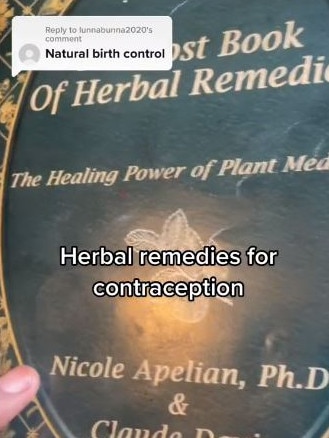
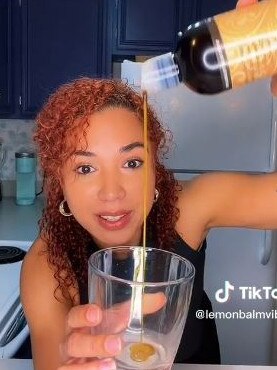
“We are continually trying to counteract the circulation of misinformation; however, many platforms have censorship rules preventing the use of correct terminology,” Ms Mulcahy says.
“For example, TikTok censors all words relating to sex therefore we cannot open an account as Sexual Health Victoria. TikTok influencers have created a new dictionary of made-up words, to circumnavigate censorship.”
Ms Mulcahy says videos by influencers that are attracting hundreds of thousands of views include those that dangerously suggest the DIY removal of intra-uterine devices (IUDs) and offer herbs as an alternative contraceptive or herbal teas to end an unplanned pregnancy.
Studies show videos with content about the “rhythm method” and “natural birth control” have been viewed more than 1 billion times on the short-form video platform TikTok. Other popular videos with tens of thousands of likes encourage women to track their cycles instead of taking hormonal contraceptives.
Overnight new international research was published that found influencers claim to want to stop hormonal contraception to be more natural and to improve their mental health, yet the researchers say the connection between depression and hormonal birth control is still unclear.
The study, by researchers from the University of Delaware in America, was published in the journal Health Communication. It also found viewers of social media videos were more likely to receive information about stopping hormonal contraception rather than how to use contraception or have safe sex.
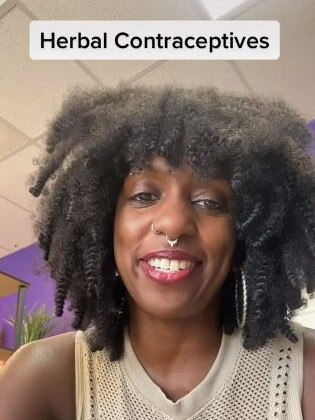
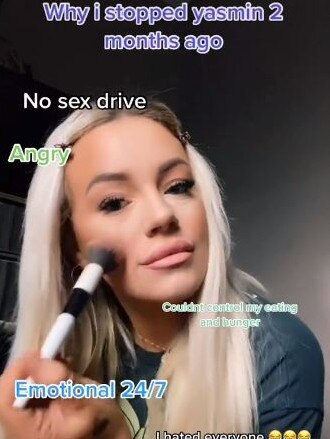
The researchers said in a statement that they searched YouTube for videos in which influencers with at least 20,000 followers talked about their experiences of contraception.
Labelling many of the popular videos a public health issue, lead author Emily Pfender says previous studies suggested influencers were more persuasive and influential than traditional celebrities, due to their relatability and accessibility with many young women saying that influencers can seem like close sisters.
The researchers identified 50 videos posted between December 2019 and December 2021 by influencers with between 20,000 and 2.2 million followers and then analysed their attitudes to hormonal birth control, including contraceptive pills, injections and implants, and non-hormonal versions, such as fertility tracker apps and condoms.
Ms Pfender said the popularity of fertility trackers was concerning and some of the information around them “potentially harmful”.
“For example, to use the cycle tracking method as intended, women must faithfully measure basal body temperature and viscosity of cervical fluid at the same time every day, track cycle lengths to calculate their fertile window and refrain from having sex on specific days of their cycle,” Ms Pfender said.
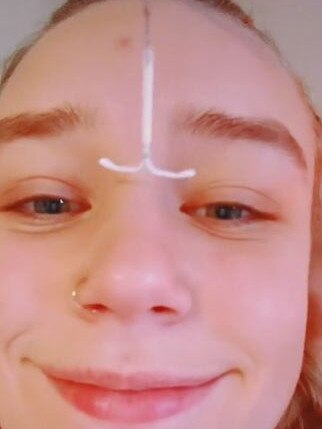
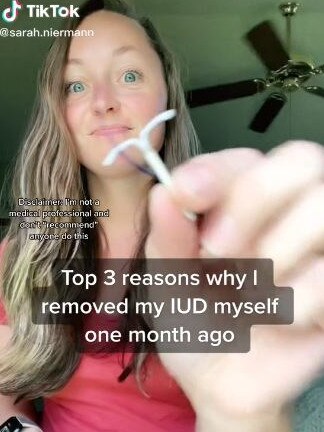
She says influencers’ videos that discourage the use of a highly effective option for birth control and fail to encourage using other forms of protection to prevent against pregnancy and sexually transmitted infections are a public health issue.
Ms Mulcahy says Sexual Health Victoria has seen a significant rise in people searching non-hormonal options for contraception, including the withdrawal method and the copper IUD which has doubled in online traffic since October.
“While some natural family planning methods can be very effective when used perfectly, most are associated with high rates of unintended pregnancies,” she warned.
Ms Mulcahy said those seeking non-hormonal contraception options should speak with a doctor for accurate and confidential advice.





